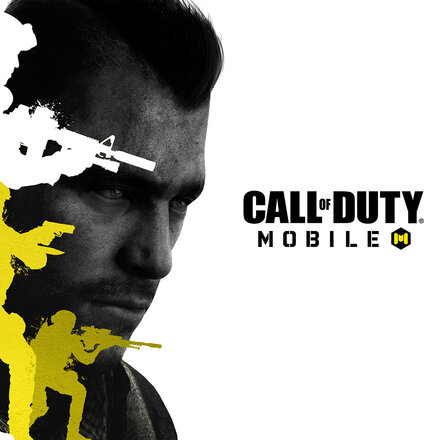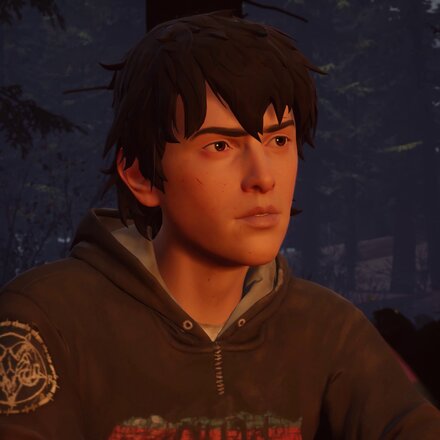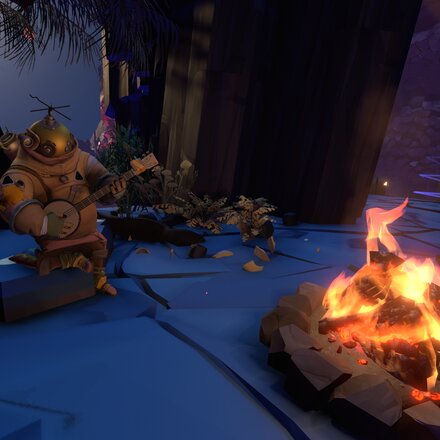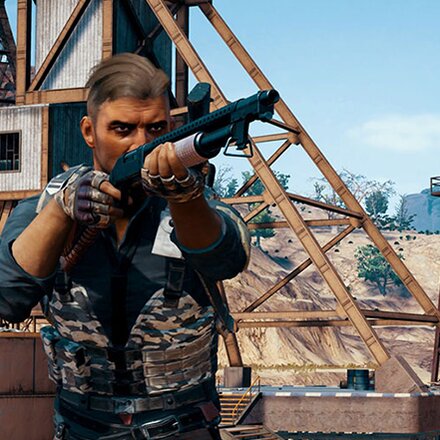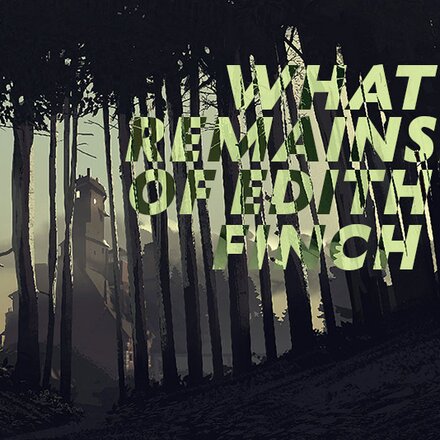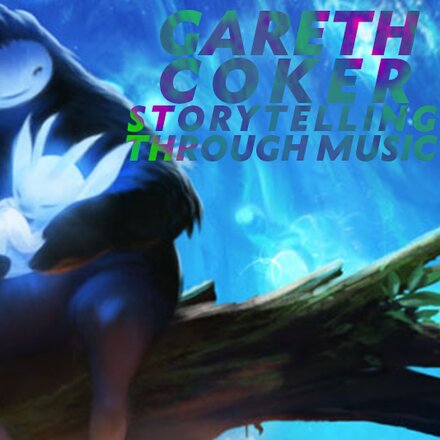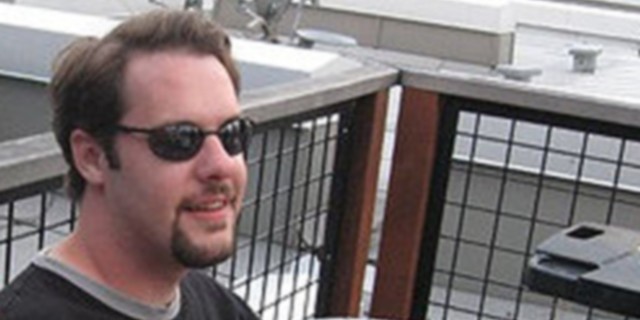
Joe Olson: Q&A
The developer behind exploration/puzzle game Insanely Twisted Shadow Planet on how he started out and his advice to aspiring game developers.
Published on 13 March 2012.
What first inspired you to get into your craft?
As a child I was enamoured with video games. I have very fond memories of my father taking me to the local arcade on Sundays as well as playing ColecoVision with my uncle over summer vacation.
How did you first break into the industry?
I went to a school for computer animation and multimedia in the mid-90s, thinking I would find a job in film and television once I graduated. Directly after graduation I had several interviews at large studios in LA. After three days down there I decided I loved living in the Pacific Northwest, and took a job at a small video game studio as a prop modeller in Seattle.
Which professional figure in your field do you find the most inspiring?
I think the body of work that Tim Schafer has created over the years is impressive and inspiring on many different levels. Not only were his games at Lucas Arts instant classics but he continues to reinvent himself and tread new ground on every single project he's involved with. You never know what direction he's going to go in next, but it always results in an amazing game.
If you hadn’t managed to break into your field, what was your plan B?
If I weren't in the games industry I think I'd be working on art for film or television in some respect, possibly in stop-motion animation.
Which game do you wish you could have worked on?
Grim Fandango!
What single piece of advice would you give to a young person trying to break into your discipline and get noticed? How do you stand out from the crowd?
It's very important that you love what you’re doing and have fun while you’re doing it. We basically create what amounts to high end toys so if you’re having fun that will translate to the end user and those that work around you.
Were there any people who supported/mentored/championed you in the early stages of your career? How important are these kinds of relationships?
The lead character and concept artist at Surreal Software, Hugh Jameson, really encouraged me early in my career. He taught me to let go, have a good time, and a lot of other little tricks of the trade. Looking back it was instrumental in changing my attitude toward the work for the better.
How do you think the UK games industry will change in the next few years?
Living in the States I've had very little experience with the industry in the UK. I did get the chance to work with RealTime Worlds in Scotland in 2009, and it was a pretty amazing experience. Europe in general has a much more relaxed work ethic and I admire that. I hope that as the industry matures in the western world that companies in the US can take a page out of that playbook.

